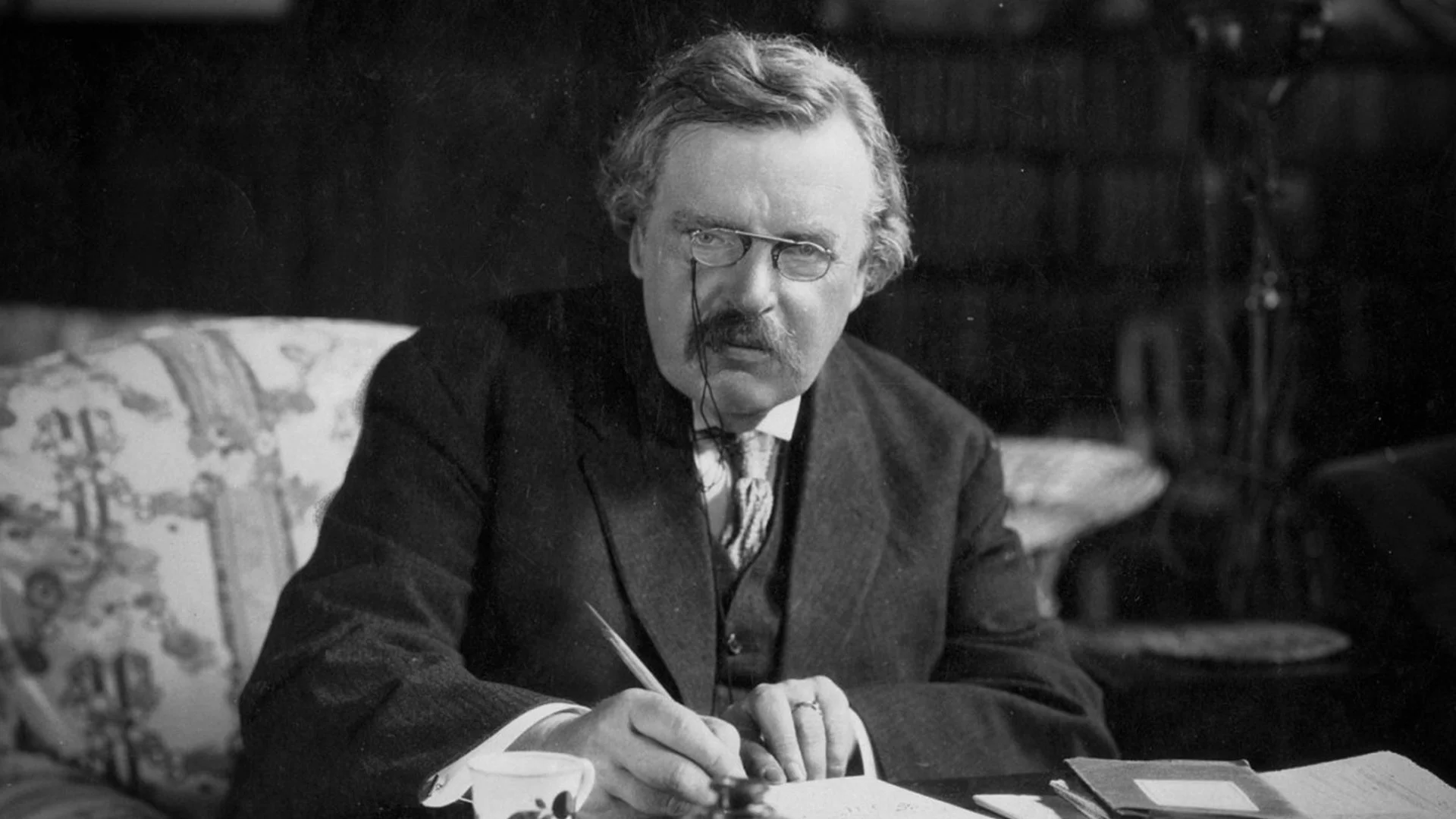One Week to The Good Fight
The Apostle Paul writes the last letter he will pen that is included in the Bible, and summarizes his time on earth. Among his final words are: “I have fought the good fight…” (2 Timothy 4:7). He characterizes the life of a Christ-follower on earth as a fight. It’s a reminder that if we are following Jesus and doing His work, all will not be easy, and not everyone will be agreeable. We will make enemies, face persecution and have to make tough choices.
SIX TOOLS FOR THE FIGHT
In another of Paul’s letters, he writes about six tools for “fighting the good fight”, You can learn about these tools and use them as a leader on a daily basis. In this one-week journey through Scripture, you will learn how to “fight the good fight” utilizing these six powerful items of spiritual significance. Every follower of Jesus has these at their ready disposal. Whatever the good fight that causes personal and spiritual struggle in your life, family, or leadership, you will be equipped to give it your all.

SIGN UP FOR A LEADERSHIP JOURNEY
Sign up below and you’ll get a new tool each day via email, starting today and for the following five days. With each brief lesson, you will explore Scripture, and receive study suggestions and practical how-tos that you can implement immediately. By the end of the week, you will know the basics you need to “fight the good fight”.
WHY WE DO IT
We are investing in you as a leader because we believe that grounded, faith-centered leaders are desperately needed for our country and culture. This kind of leadership isn’t built with books and seminars. It’s built one person at a time, through the traditions of listening, learning and shared experience. We invite you to partner with us in your leadership journey. Our prayer is that you will become a leader in your marriage, home and workplace that will impact the lives in your sphere of influence toward Jesus Christ—the greatest Leader of all.
As a leader you do not have all the answers. Smart leaders surround themselves with people whose knowledge, skills and experience supplement their own.
Gilbert Keith Chesterton was an English Apologist. His sharp writing style made him a prominent figure in earth twentieth century literature. Among his works were Orthodoxy and The Everlasting Man.
Here are some great books that will raise your level of effectiveness and impact as a Men’s Table Leader. Click a book to purchase directly from Amazon.com.
Ray Dalio is an American billionaire. He is the founder of Bridgewater Associates, the world’s largest hedge fund, and has run it since 1975. Dalio is the author of Principles of Life and Work, a 2017 New York Times bestselling book.
Workplace drama is everywhere. A recent study found that the average employee spends 2 hours 26 minutes per day on workplace drama and emotional waste. That’s about 29%—a third—of total work time.
“You can’t fix stupid!” In other words, you can’t force someone to make a good decision. Ancient history’s greatest leaders often did the stupid thing.
A good listener must be people oriented, genuinely interested in others. He must be empathetic, equally concerned with the well-being of those around him.
Many leaders who have a relationship with God want to experience the blessings of God. We ask God for blessings. We pray about it and we earnestly seek God’s best.
The reason we called a leadership transition “succession” is that it is a forward-looking process. Every generation of leader will face new and different obstacles, challenges and goals. Looking back to recreate past success will fail.
“The greatest among you will be your servant. For those who exalt themselves will be humbled, and those who humble themselves will be exalted” (Matthew 23:11-12).
Wisdom is a combination of knowledge and experience. When faced with circumstances, decisions, crises or opportunities, we might look for wisdom to help us choose the best course of action.
Leadership is not a set of character traits. You can have integrity, honesty, initiative, compassion–any number of positive and godly personal values, and still not be a leader (though character and leadership are closely related).
Leadership Ministries provides curriculum for our Men’s Tables. The curriculum is designed to be simple, short, and easy to use, to minimize the amount of preparation required by the Table Leader.
When a sculptor completes his work in clay, he prepares to make a mold of the piece so he can recreate it. He’ll have to do something to his artistic work to make this happen, and that is to cut it apart.
Thomas Paine (1737-1809) was an English-born Founding Father of the United States. An inventor and philosopher, he authored Common Sense, a pamphlet that was influential at the start of the American Revolution.
As Jesus began teaching on earth, His words about leadership and leading were shocking. In fact, they were so at odds with religious leaders of the time, they believed Jesus could not possibly be the Savior they were hoping and waiting for.
A dented car is much like a dented relationship. Sometimes the interactions with those around us get broken, and are in need of repair.
There are a number of avenues to go deeper and explore a bible topic for leadership that might be specific to your table group. Is it okay for a table leader to deviate from what is provided? Yes, of course!
Aristotle (384-322 BC) was an ancient Greek philosopher. His writings cover a broad range of subjects spanning the natural sciences, philosophy, linguistics, economics, politics, psychology, and the arts.
Leaders by nature want to win. They want to win the account, win the deal, win the quarter, win the best staff, win at products, win at service. This is why Jesus’ teaching for leaders to “love your enemies” is tremendously challenging.
A hack is a clever trick or shortcut for accomplishing something. There are hacks for smartphones and cooking and driving. What about in your leadership? Is being a good leader something that has hacks?
The key facet of leadership development—that is, investing in others for the purpose of seeing them exhibit excellence through their own lives and leadership—is “baked in” to New Testament teaching.
Here are some common questions we receive from table leaders, and some suggestions for how to maintain best practices and grow in life and leadership.
American politics is getting more intense and divisive by the day. The democratic tradition of debate and discourse, leading to compromise and unity, is all but gone in the US. Instead, we gather into tribes based on deeply held political beliefs, we deride the opposition.
Jesus and His disciples traveled and ministered together, day and night, for three years. We don’t know of all the meals they had together, the conversations as the walked from town to town, or what Jesus said when they fished, and started campfires, and woke up in the mornings.
William Whiting Borden (1887-1913) was an American philanthropist, millionaire and Christian missionary. Borden surrendered his life to Christ as a child as a result of the witness of his mother. Borden wrote three phrases in his Bible that defined his life: “No reserves. No retreats. No regrets.”
Dietrick Bonhoeffer (1906-1945) was a German pastor, theologian and anti-Nazi dissident. He was opposed to Hitler’s genocide of the Jews, and ran “underground seminaries” during the war. In 1943 he was imprisoned by the Gestapo. Bonhoeffer was executed in the spring of 1945.
The table is an amazing leadership development platform. Our time at a Friday Morning Men’s Fellowship table is designed around three key words and actions that will help you grow in relational leadership.
As a leader, you’re not over a what, but a who. To lead is to influence others in a way that helps them grow personally, professionally and spiritually. Leadership is fundamentally about influencing people.
Originally written in the seventeenth century by William Gurnall, this is among the most regarded Christian books ever written. This modern format contains 365 daily devotionals.
Right now, there is a real spiritual battle going on in the unseen realm. Every Christian must equip themselves against the forces of darkness. Victory is possible when we use the full armor of God described in Ephesians 6.
Respected scholar and speaker Larry Richards offers a balanced, evangelical-friendly approach to spiritual warfare based on the book of Ephesians.


































Fidelity is rare. It requires our allegiance to something greater than ourselves. The value of fidelity to a leader is not a loyalty that just serves customers or a company. Rather, it is fidelity to one’s character and values.